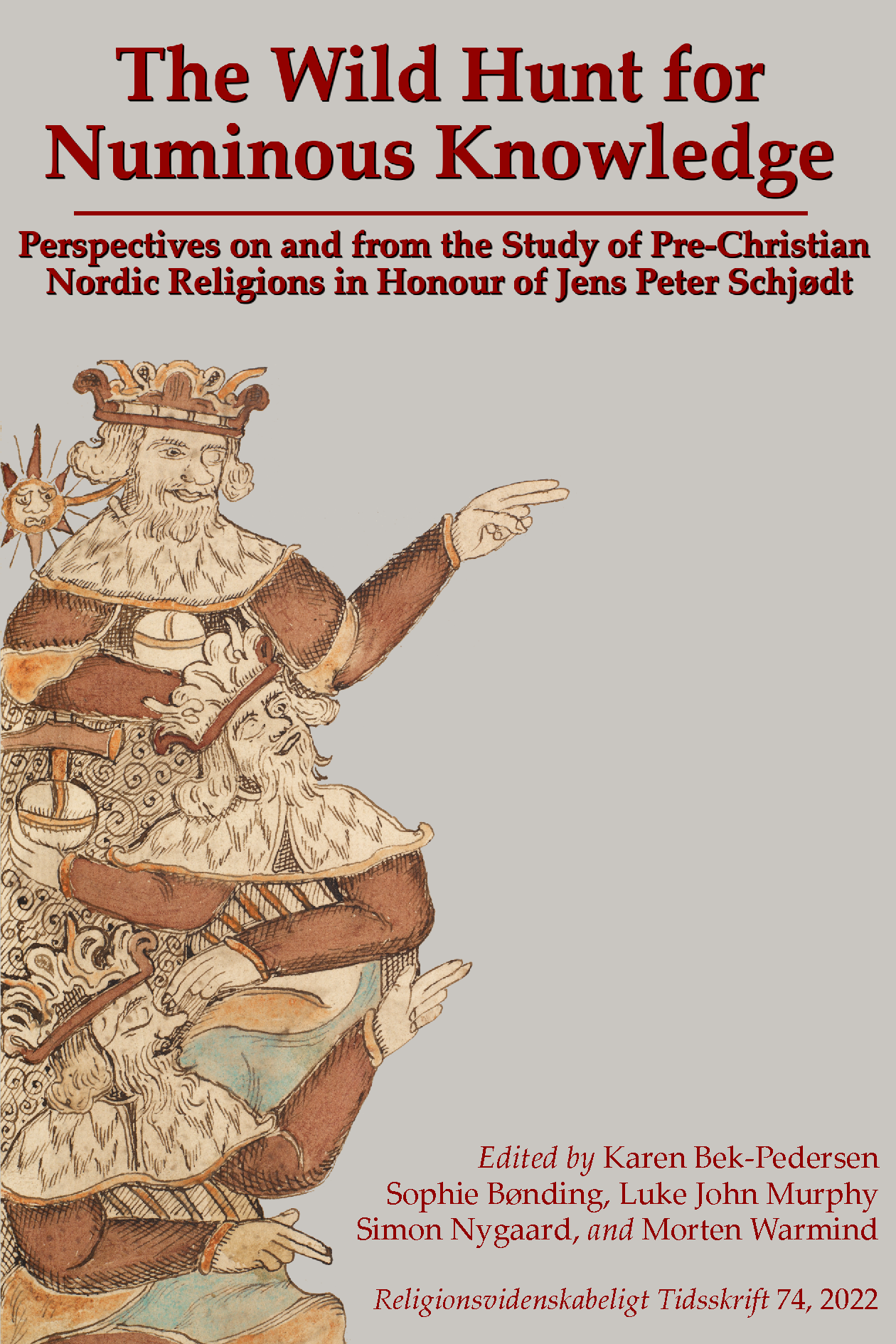Initiation by White Snake and the Acquisition of Supernatural Knowledge
DOI:
https://doi.org/10.7146/rt.v74i.132097Nøgleord:
Snake, serpent, cunning folk, folklore, initiation, rites of passage, wisdomResumé
ABSTRACT: This paper explores narratives about eating the flesh of a dragon or whiteserpent. It is argued that these narratives can be interpreted as examples of initiation. The snake’s association with wisdom is a common motif in Scandinavian folklore,stretching back at least to the Middle Ages. The author argues that folklore accounts of eating a white snake correspond symbolically to initiation. Different texts explain and legitimise how certain persons gain abilities such as wisdom, second sight, and the ability to understand the language of birds or other animals. This motif shows continuity over time and space and does not have to have taken place as an actual ritual for theinterpretation to be valid, particularly as, in the 19th century, such stories legitimised such people’s position in society as ‘cunning folk’.
RESUME: Denne artikel udforsker fortællinger om at spise kødet af en drage eller hvid slange. Den foreslår, at de kan tolkes som eksempler på initiering. Slangens tilknytning til visdom er et almindeligt motiv i skandinavisk folklore, der strækker sig tilbage til middelalderen, hvis ikke længere. Forfatteren hævder, at folkloreberetninger om at spise en hvid slange symbolsk svarer til initiering. Forskellige tekster forklarer og legitimerer, hvordan visse personer opnår evner som visdom, synskhed og evnen til at forstå fugles eller andre dyrs sprog. Dette motiv udviser kontinuitet gennem tid og rum og fortolkningens gyldighed afhænger ikke af, at de handlinger reelt har fundet sted som et egentligt ritual, især eftersom sådanne historier i det 19. århundrede legitimerede disse menneskers position i samfundet som ‘kloge folk’.
Downloads
Publiceret
Citation/Eksport
Nummer
Sektion
Licens
Alt publiceret materiale i RvT fra og med nr. 75 (2023) er underlagt en CC BY 4.0 licens, og forfatteren har ophavsretten dertil.
Forfatteren og RvT deler ophavsretten til materiale publiceret inden nr. 75





